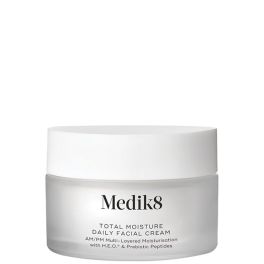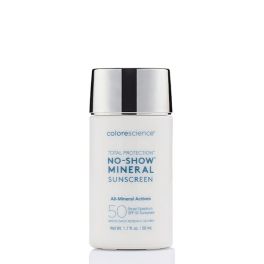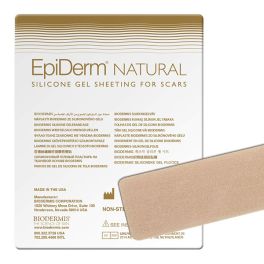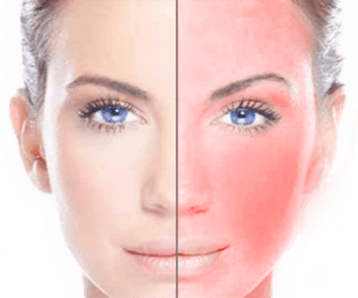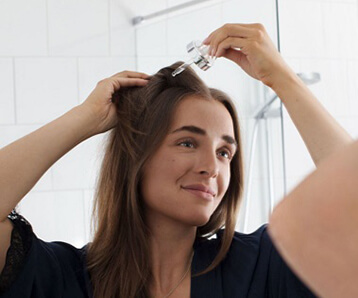You've noticed your hair is thinning - Why , How and what's next Posted on 21 Aug 2023
Hair loss and hair thinning are common problems that effect millions of people worldwide.
While it is normal to lose some hair every day approximately 50/100 strands is normal, excess hair loss can be a cause for concern.
There are several factors that can contribute to hair loss and hair thinning, including genetics imbalances, medical conditions, and lifestyle factors.

Genetics
Androgenetic alopecia is a hereditary condition that affects both men & women.
This condition is caused by a combination of genetic and hormonal factors that lead to the gradual shrinking of hair follicles, resulting in thinner and shorter hair strands.
Hormonal Imbalances
In women, hormonal changes during pregnancy, menopause, and thyroid disorders can cause hair loss.
In men, an excess of dihydrotestosterone (DHT) a hormone that is converted from testosterone, can cause hair follicles to shrink and eventually stop producing hair.
Medical Conditions
Autoimmune disorders such as alopecia areata and lupus can cause hair loss, as can scalp infections, such as ringworm.
Chemotherapy and radiation therapy can also cause hair loss, as these treatments target rapidly dividing cells, including hair follicles.
Lifestyle Factors
Certain hairstyles can contribute to hair loss and hair thinning. Stress can cause hair follicles to enter a resting phase, leading to hair loss.
Poor nutrition, particularly a lack of protein and iron, can also lead to hair loss.
Here are some helpful tips to slow down or help stop our hair from thinning ........

1/ Maintain a healthy diet: Eating a balanced diet that is rich in vitamins, especially vitamin B, and minerals such as zinc and iron can help promote healthy hair growth.
Foods that ate high in protein are essential.
2/ Avoid tight hairstyles: Tight hairstyles such as braids, ponytails, and buns can cause hair follicles to become damaged and lead to hair loss. Opt for looser hairstyles instead.
3/ Use gentle hair products: Harsh chemicals in hair care products can damage hair and lead to hair loss. Use gentle, natural hair care products that are free from sulfates & parabens.
OLAPLEX HAIR CARE

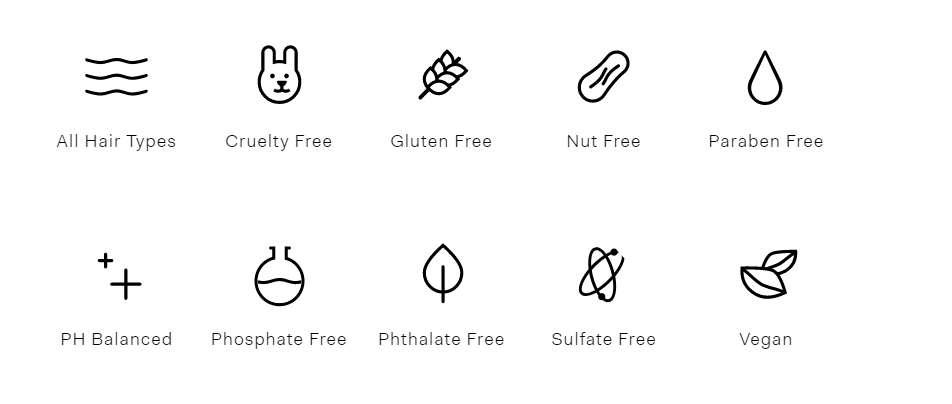
4/ Manage stress: Stress can cause hair follicles to enter a resting phase, leading to hair loss. Practice stress-reducing techniques such as meditation, yoga, or deep breathing exercises.
5/ Treat Underlying medical conditions: Certain medical conditions such as thyroid disorders and autoimmune disorders can cause hair loss.
Treating these conditions can help slow down or stop hair loss.













